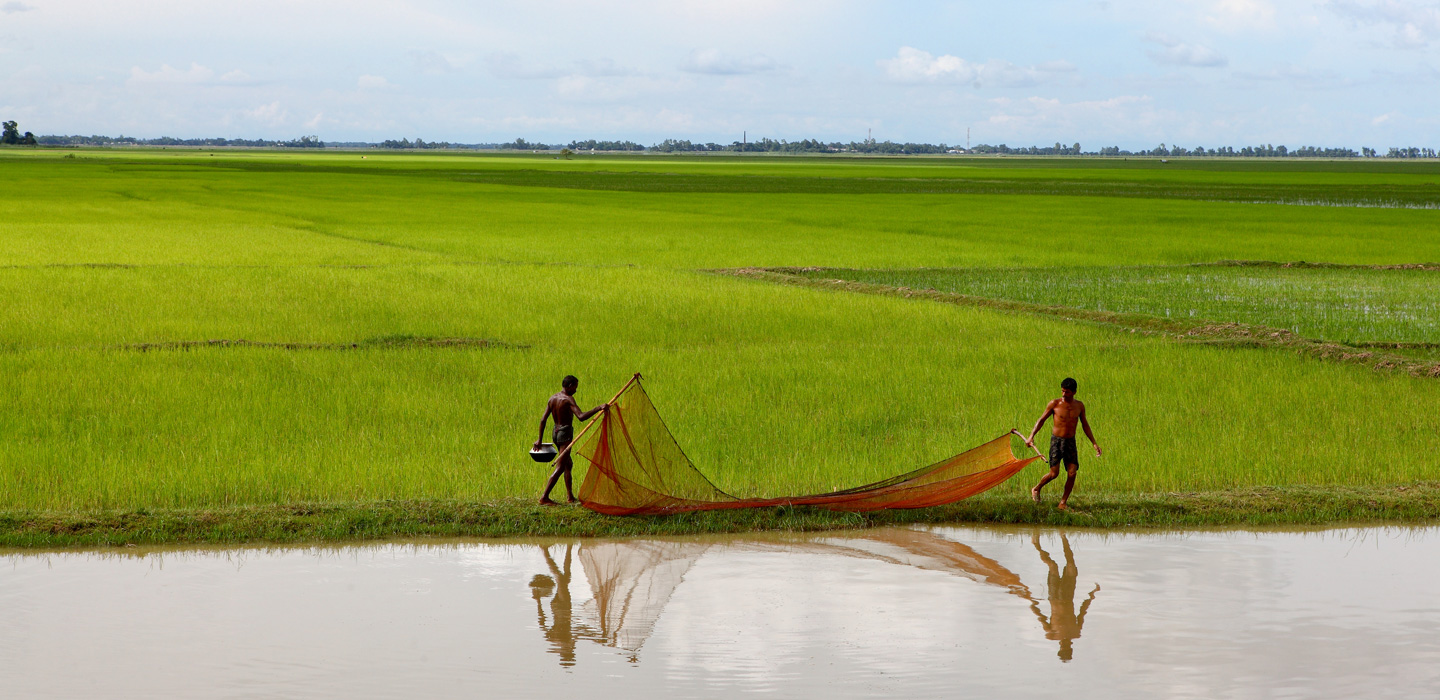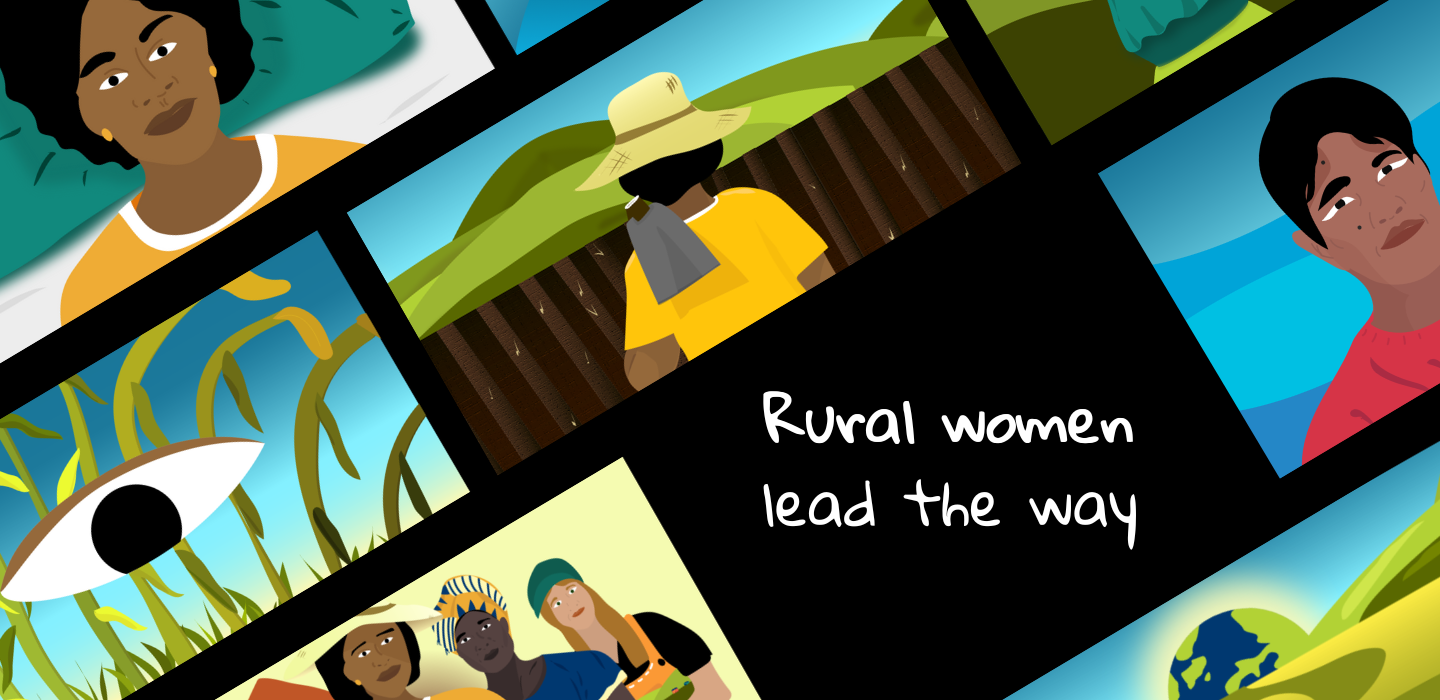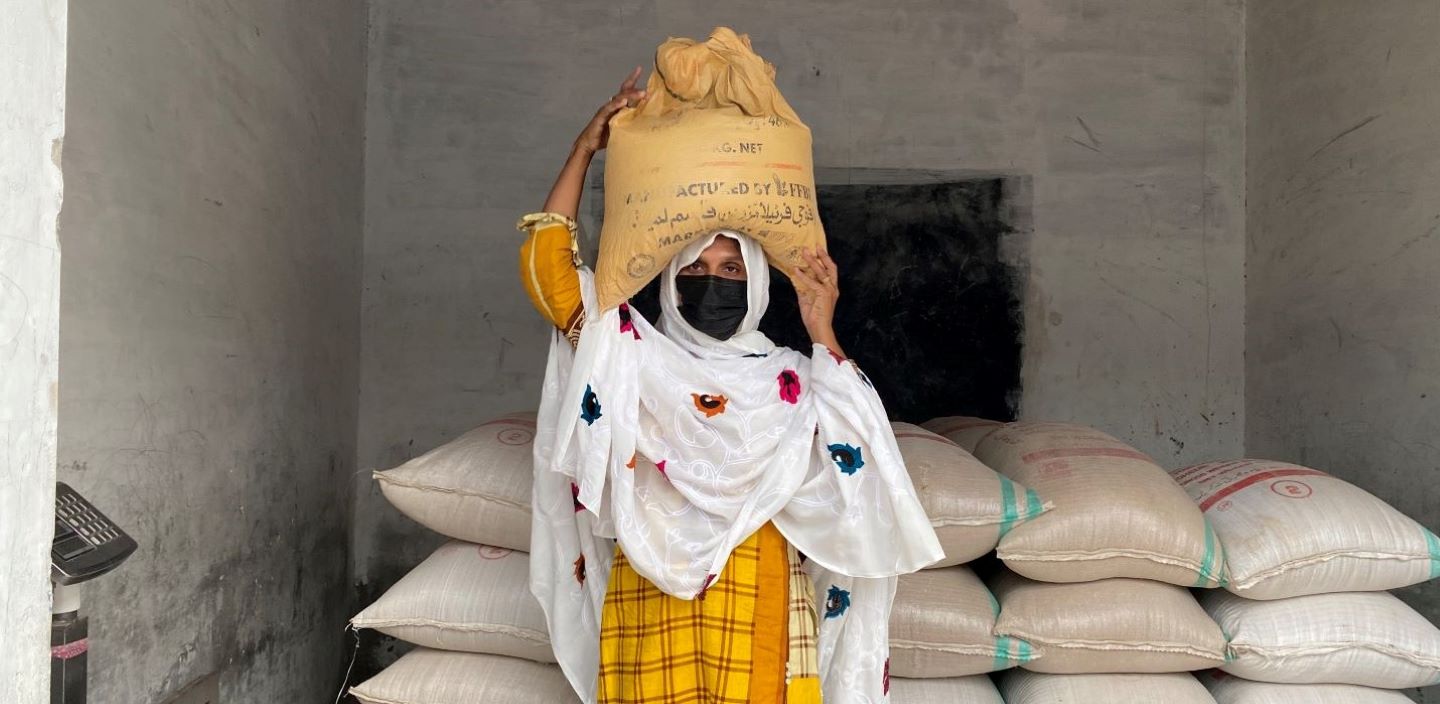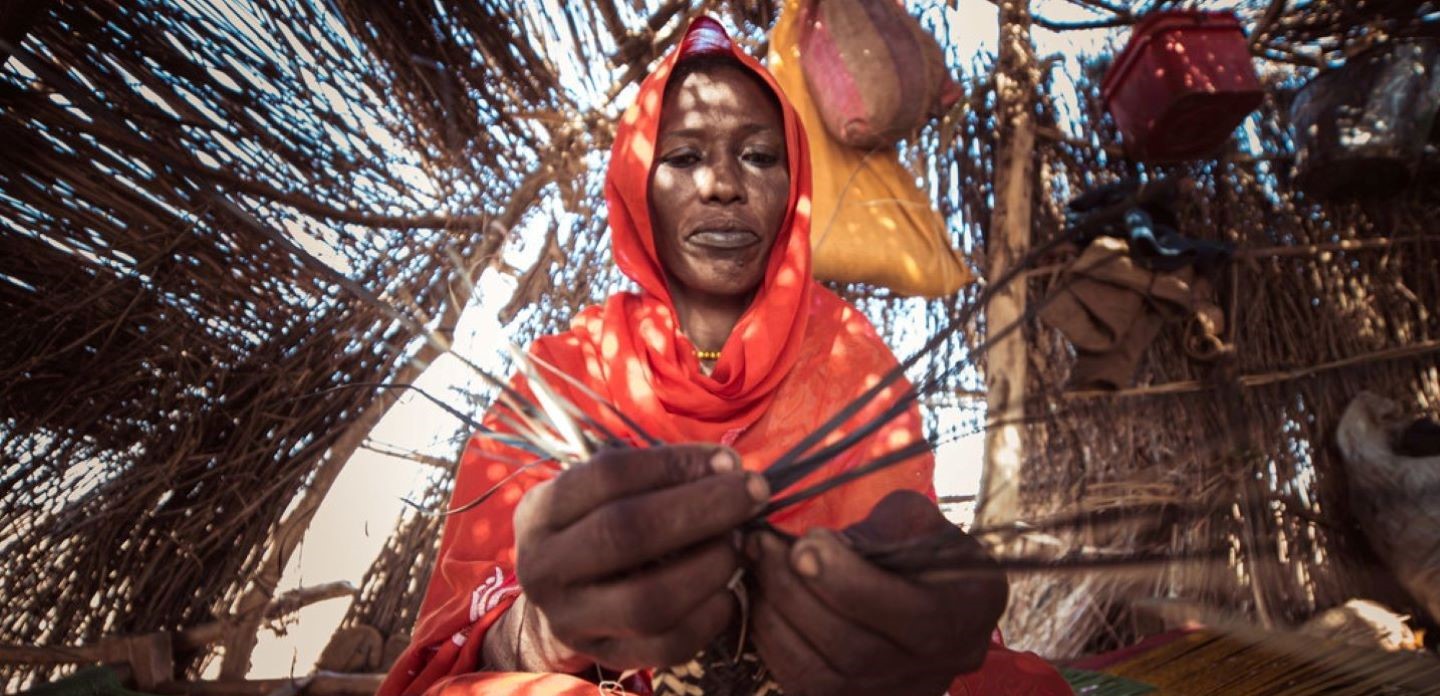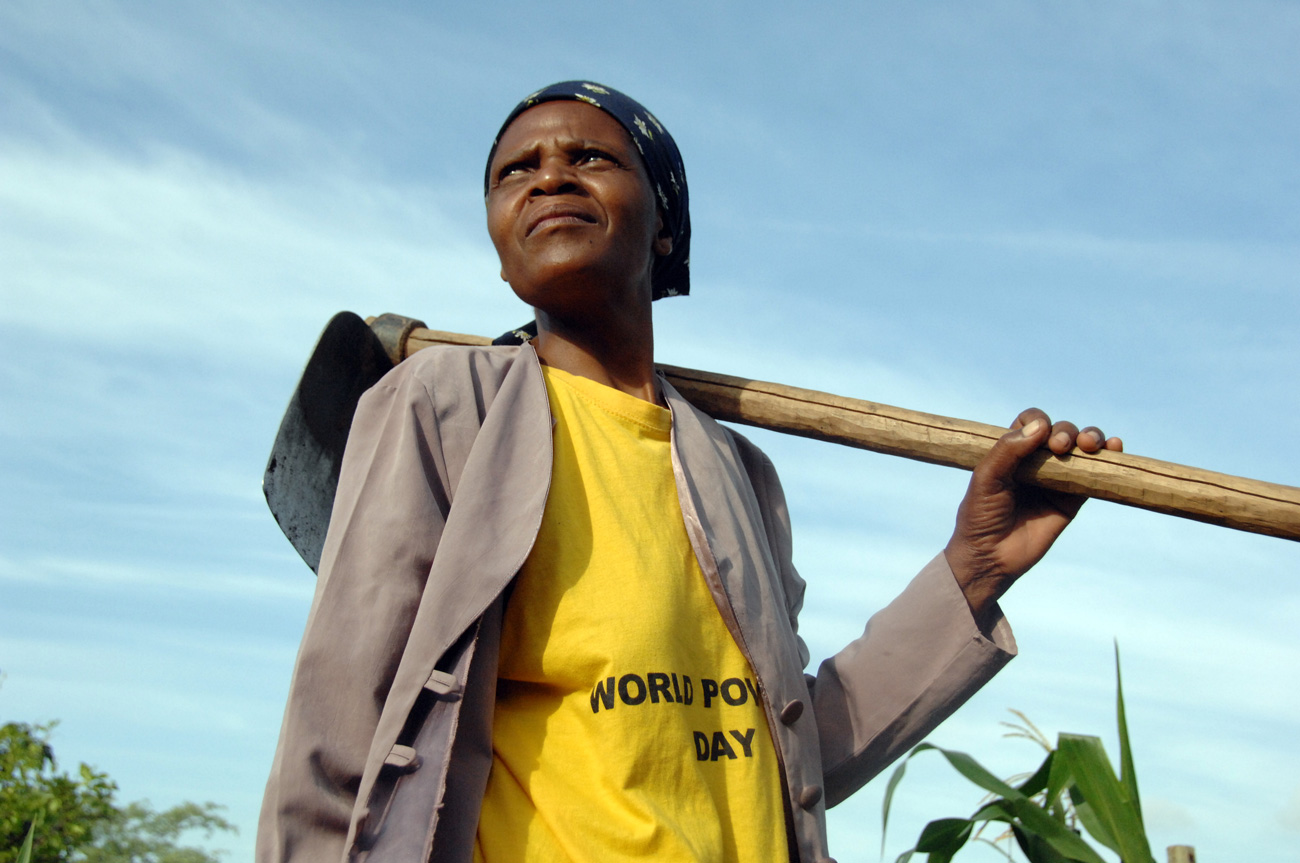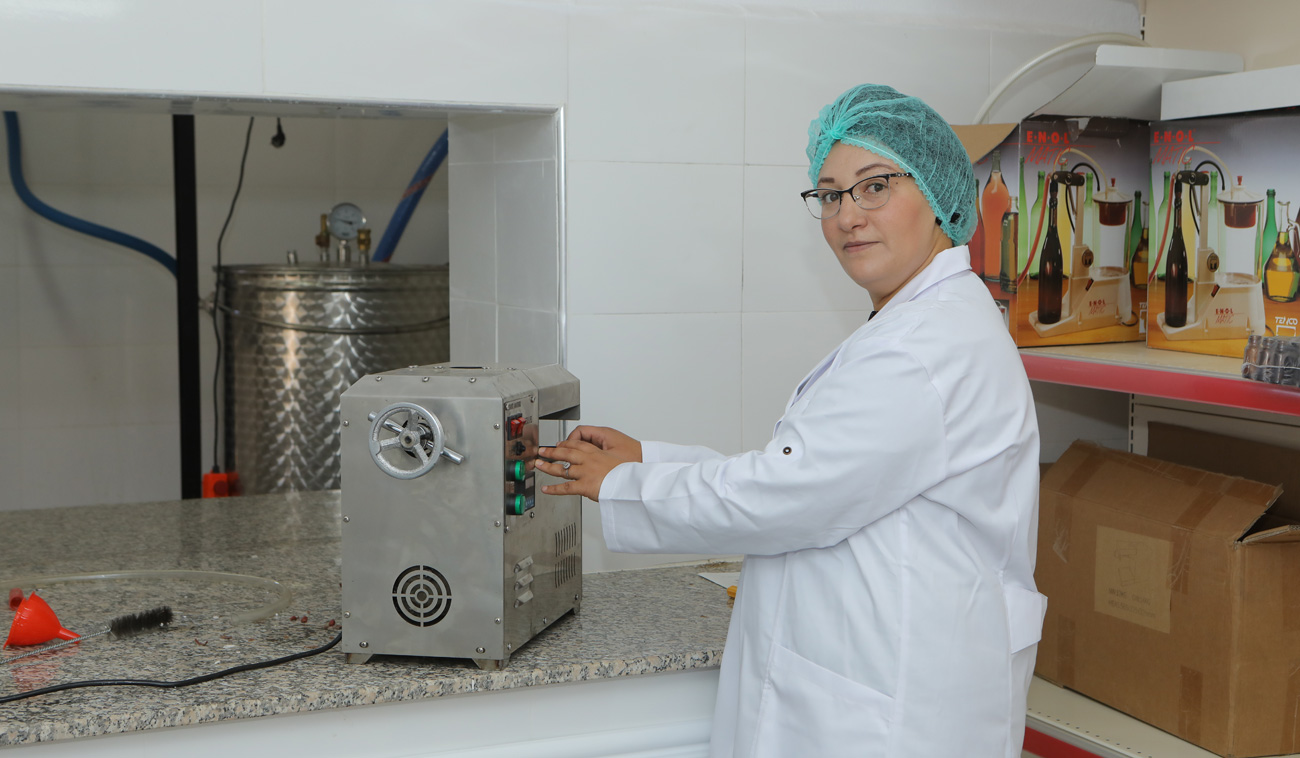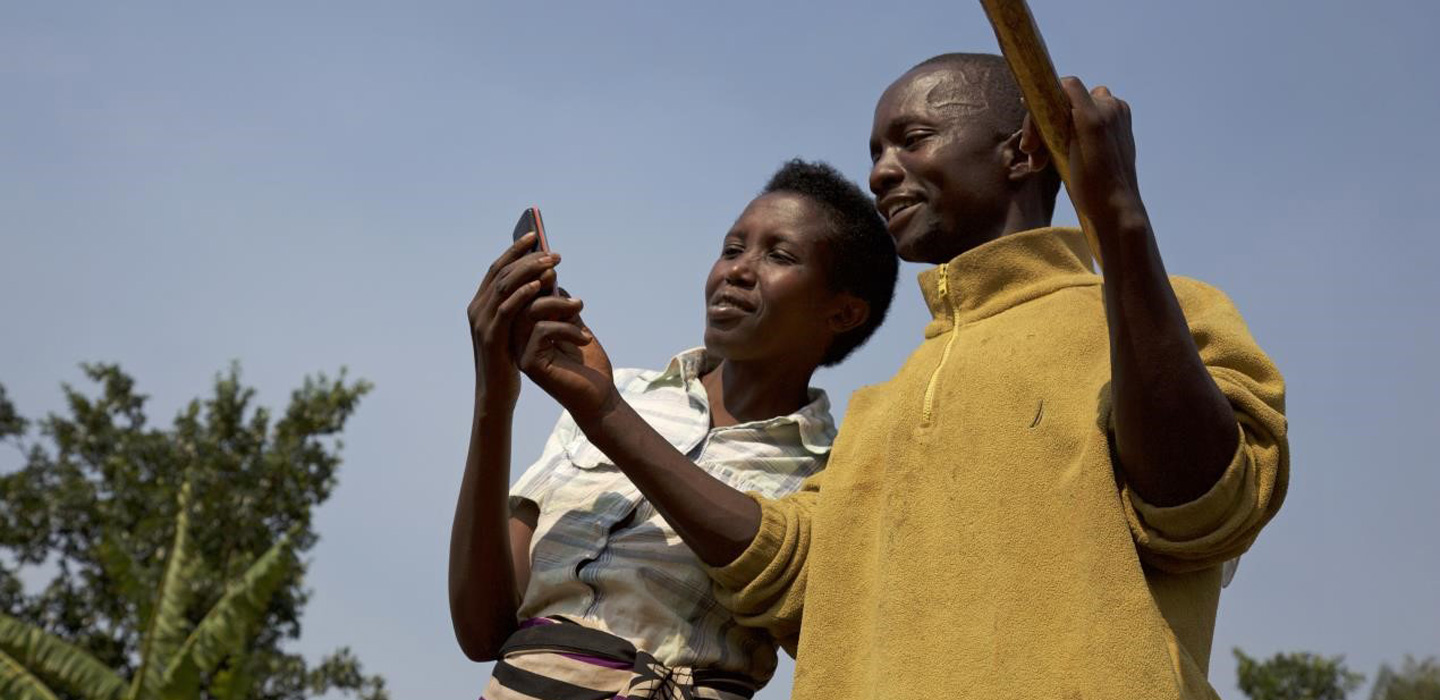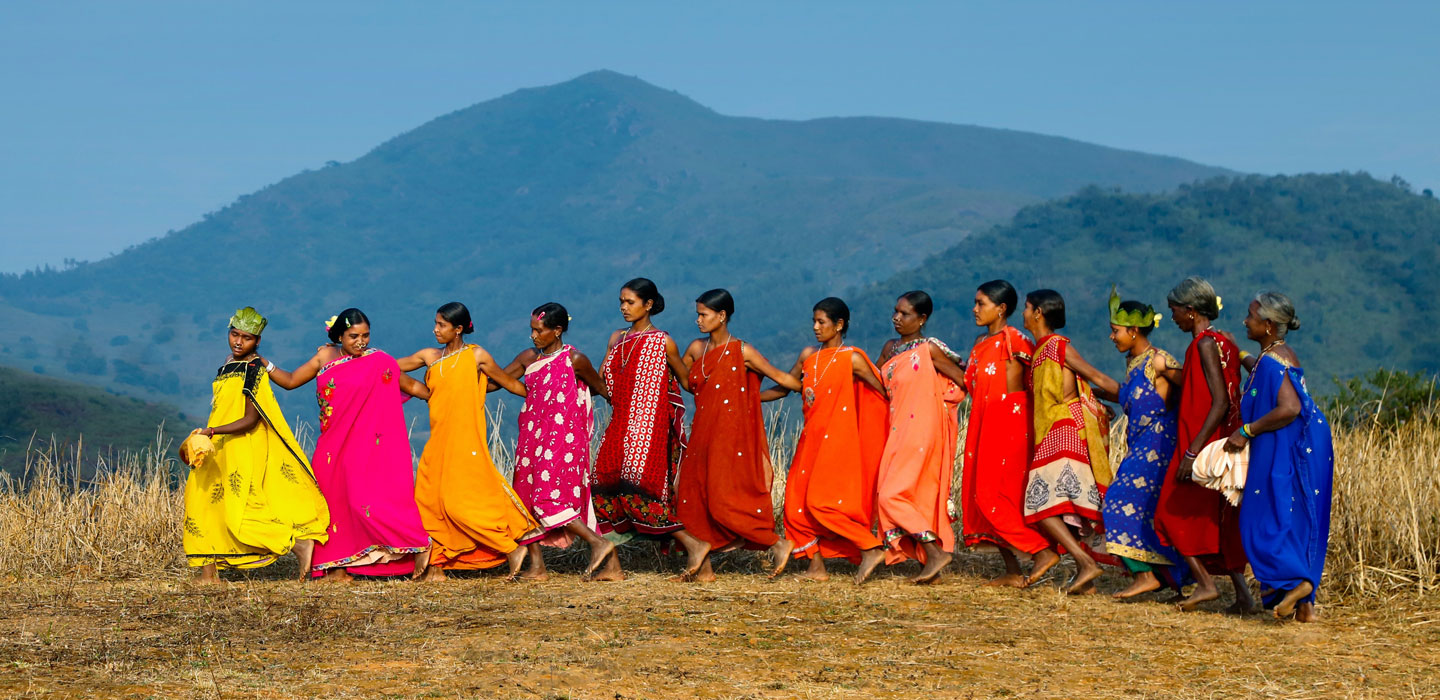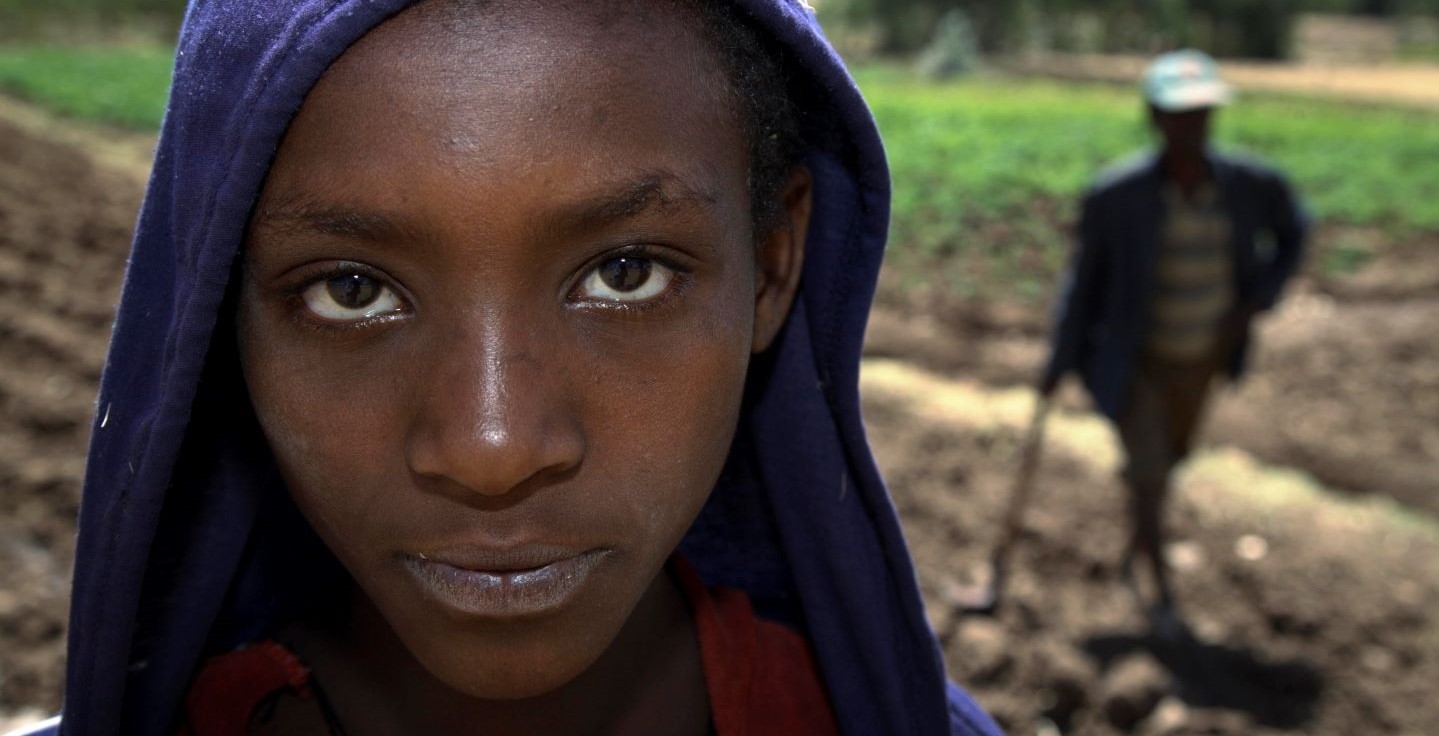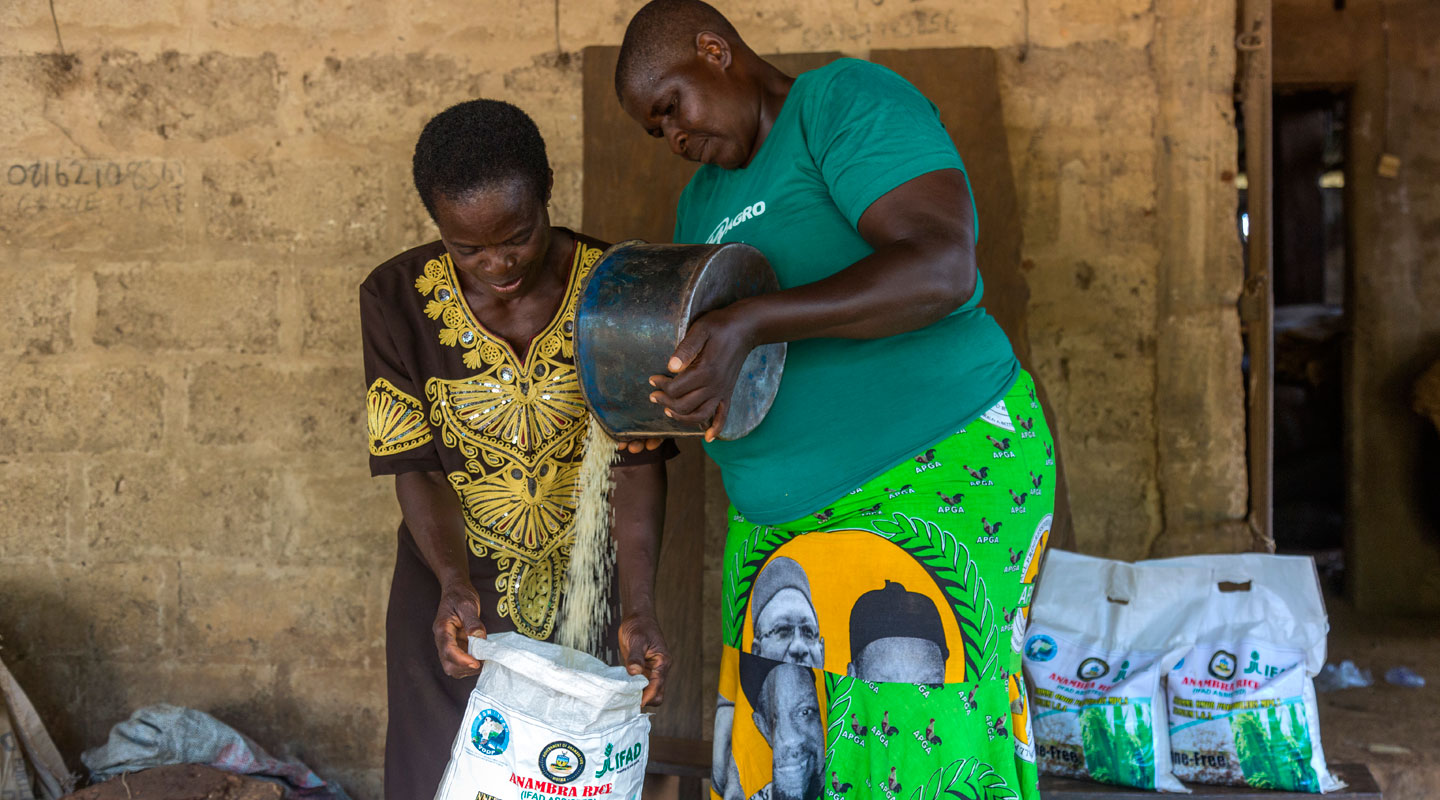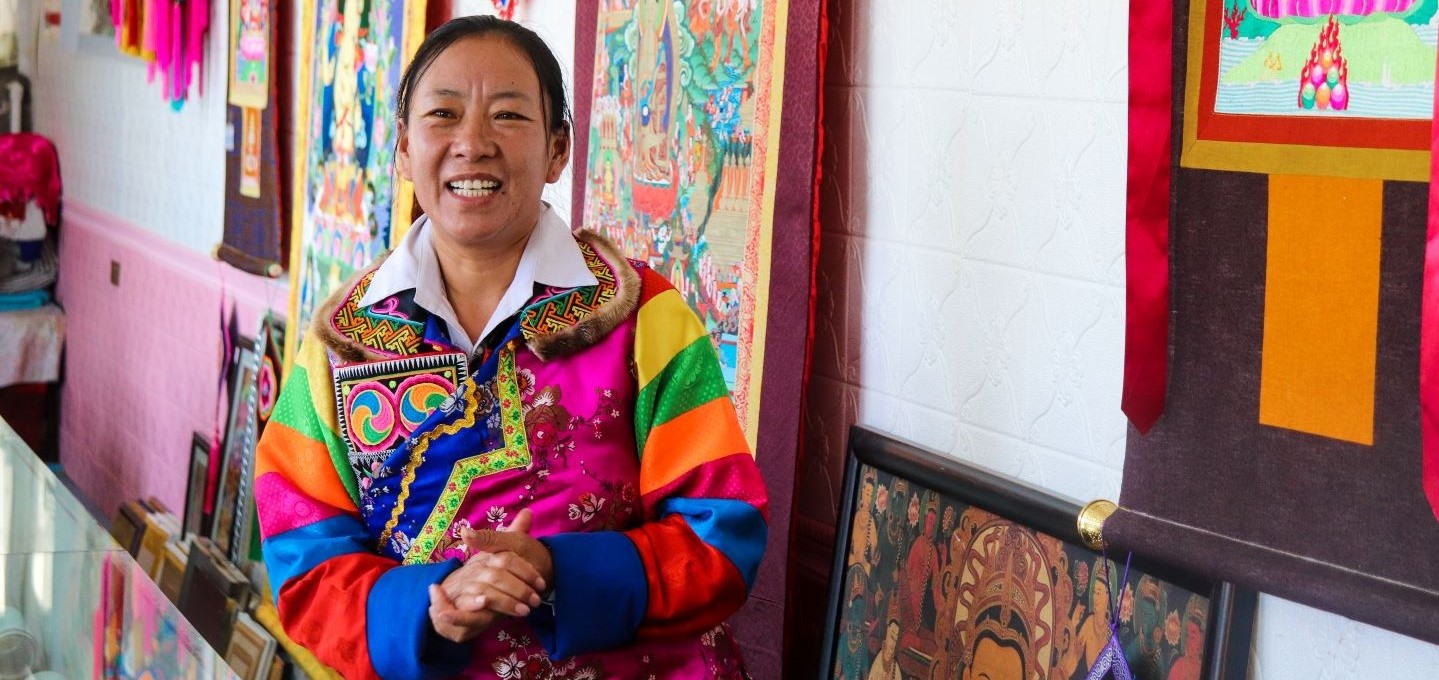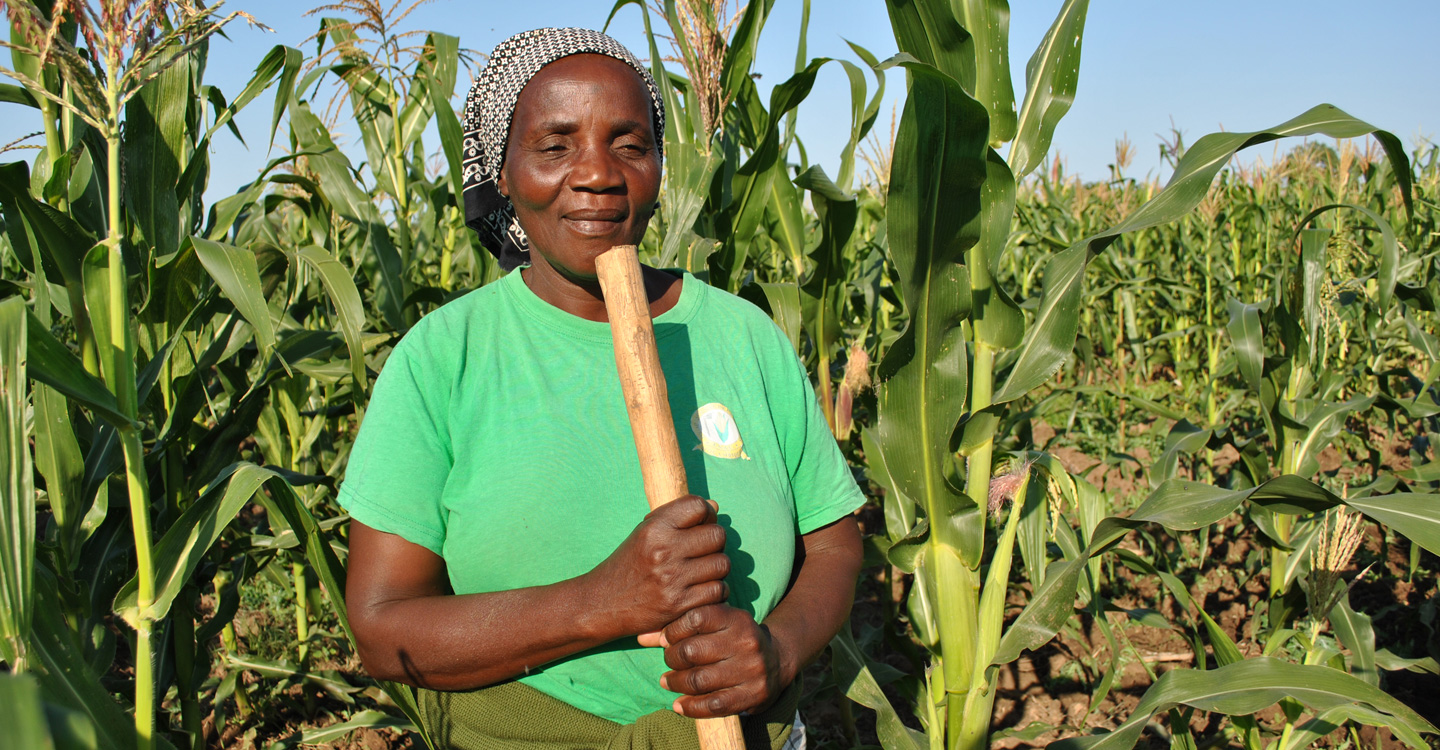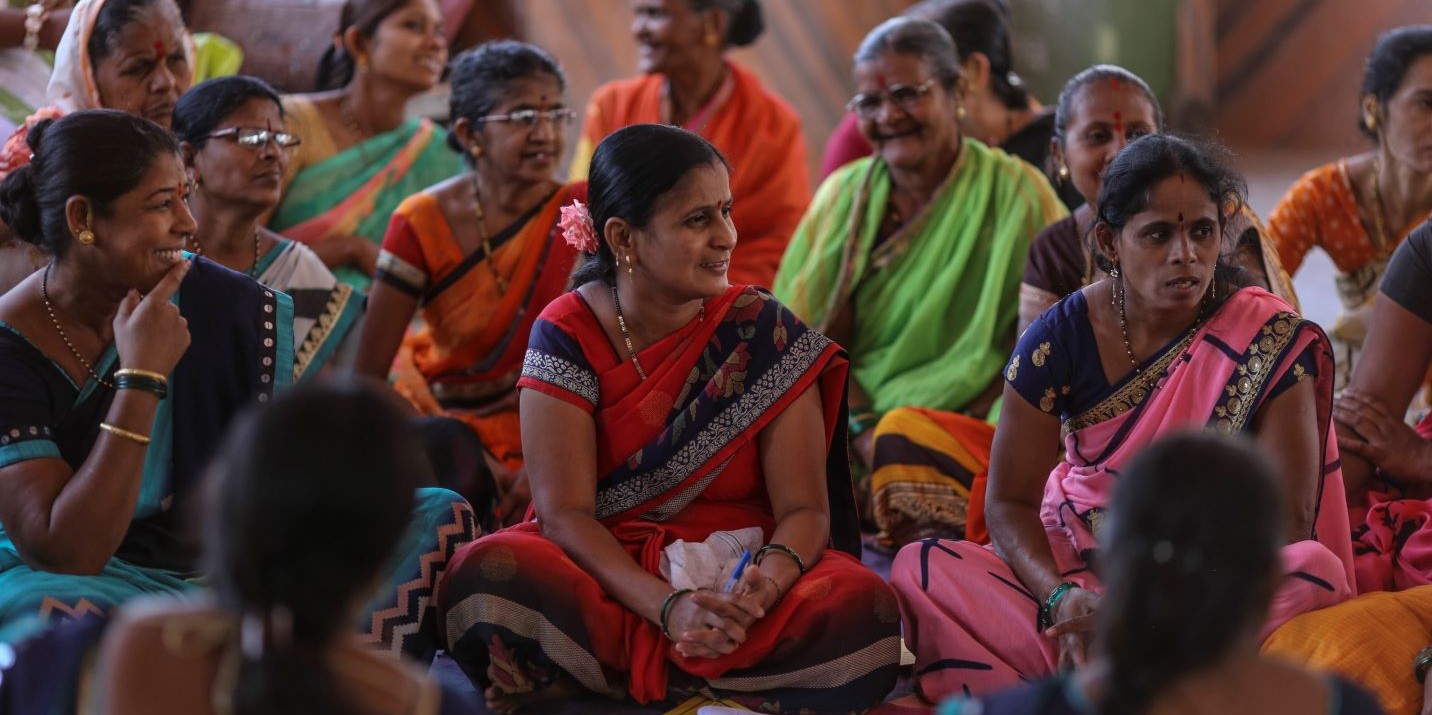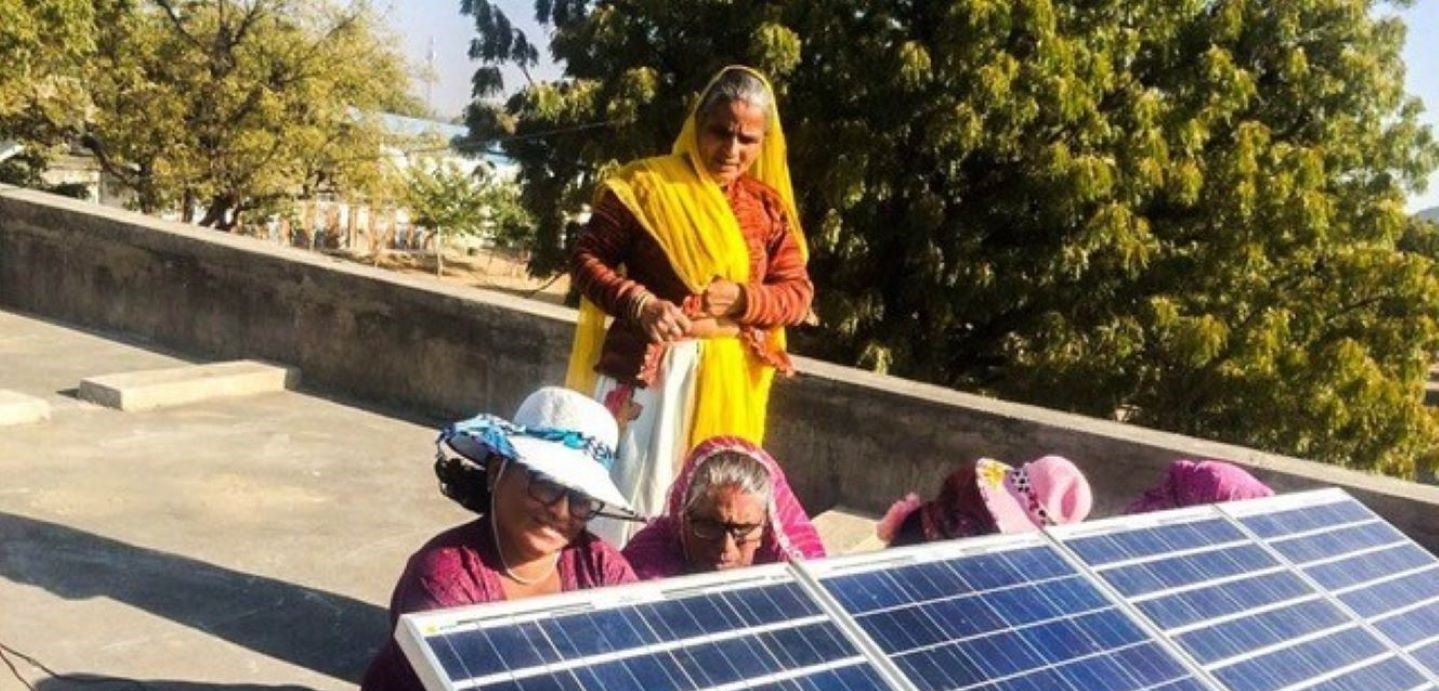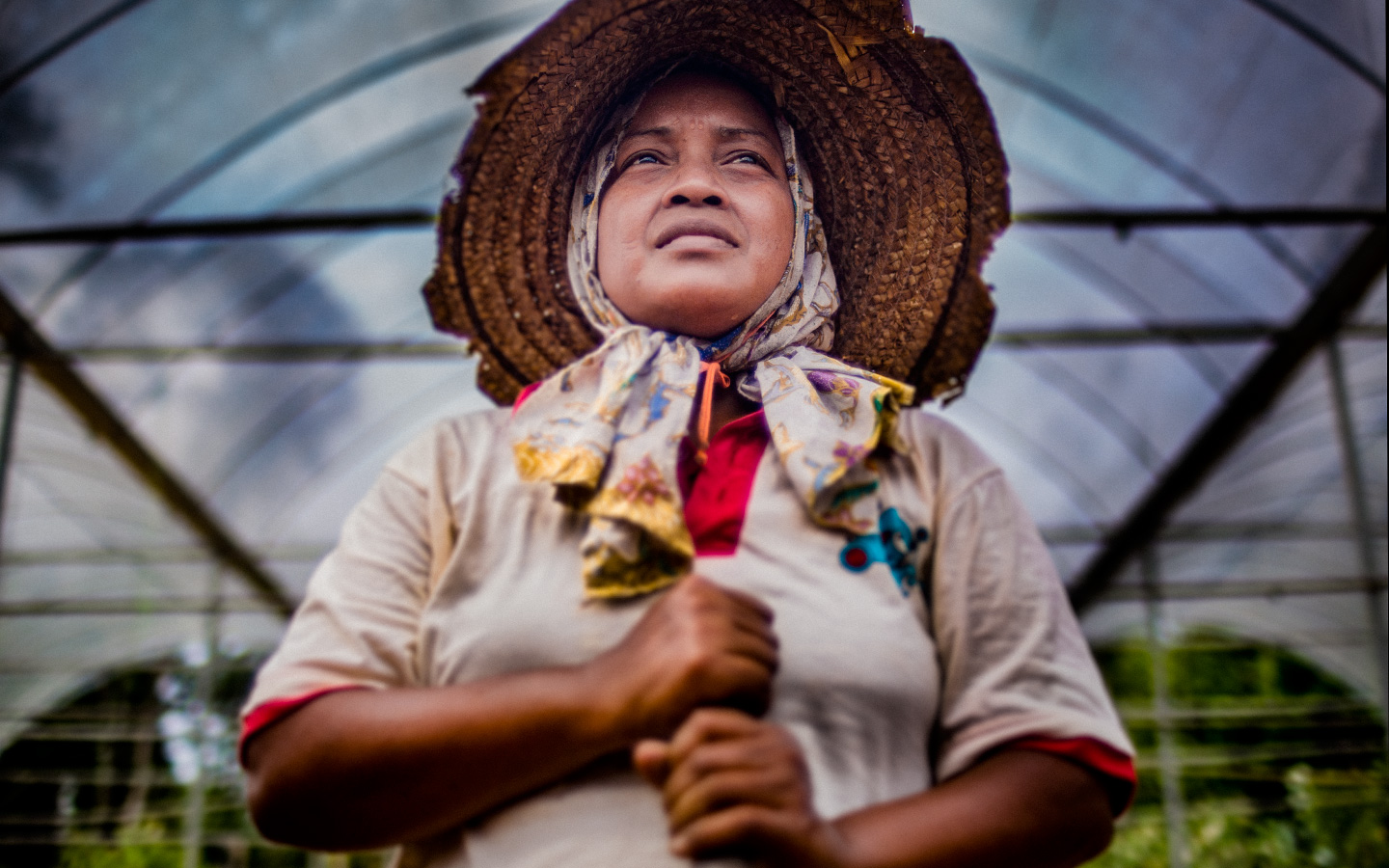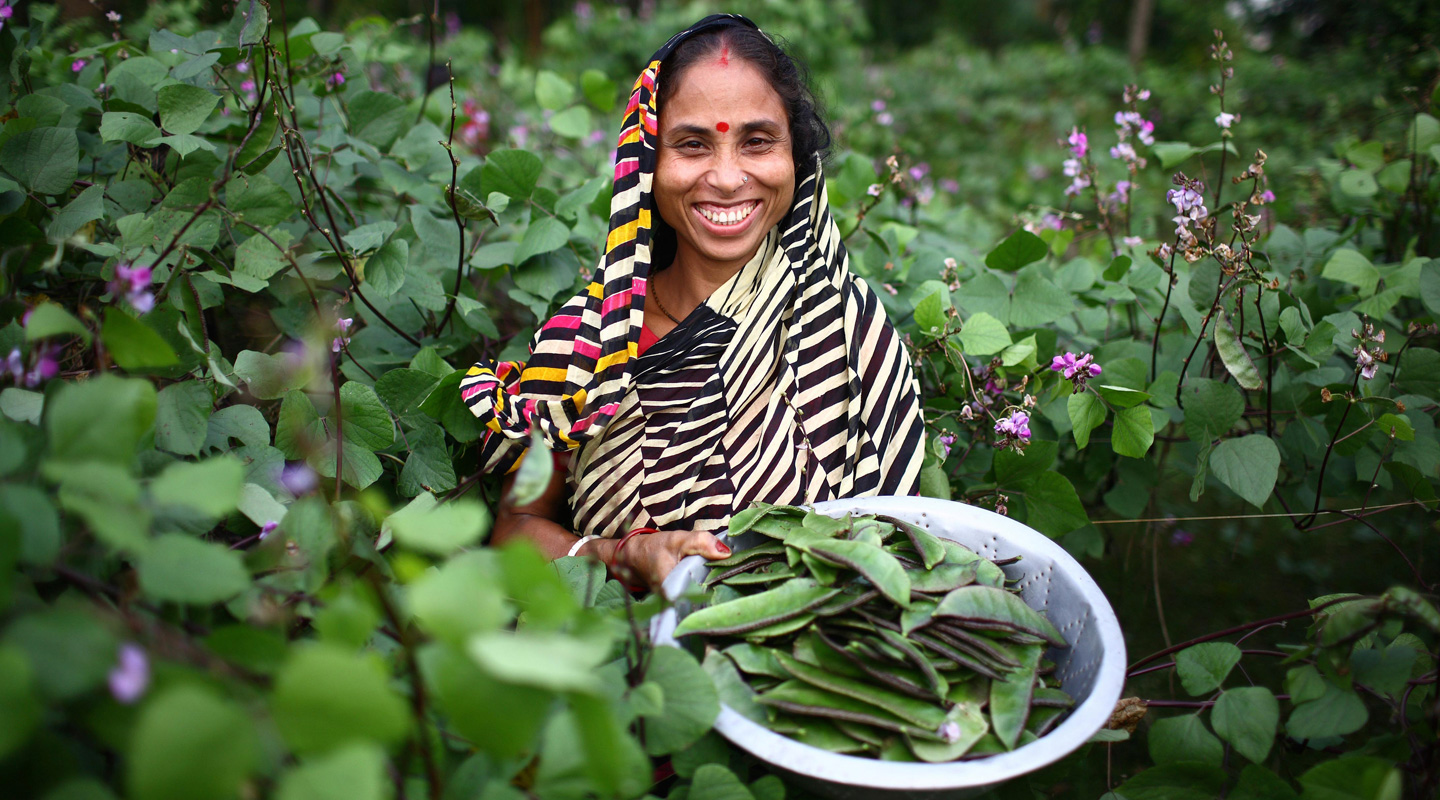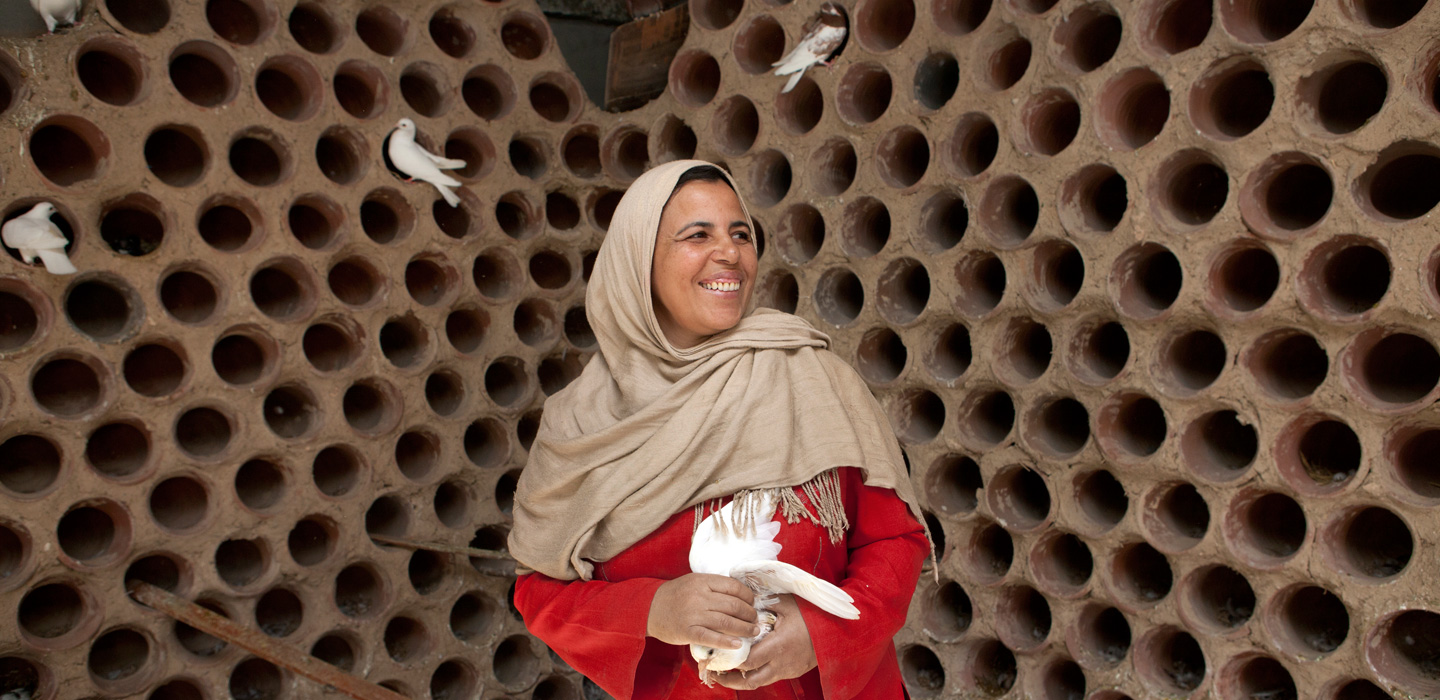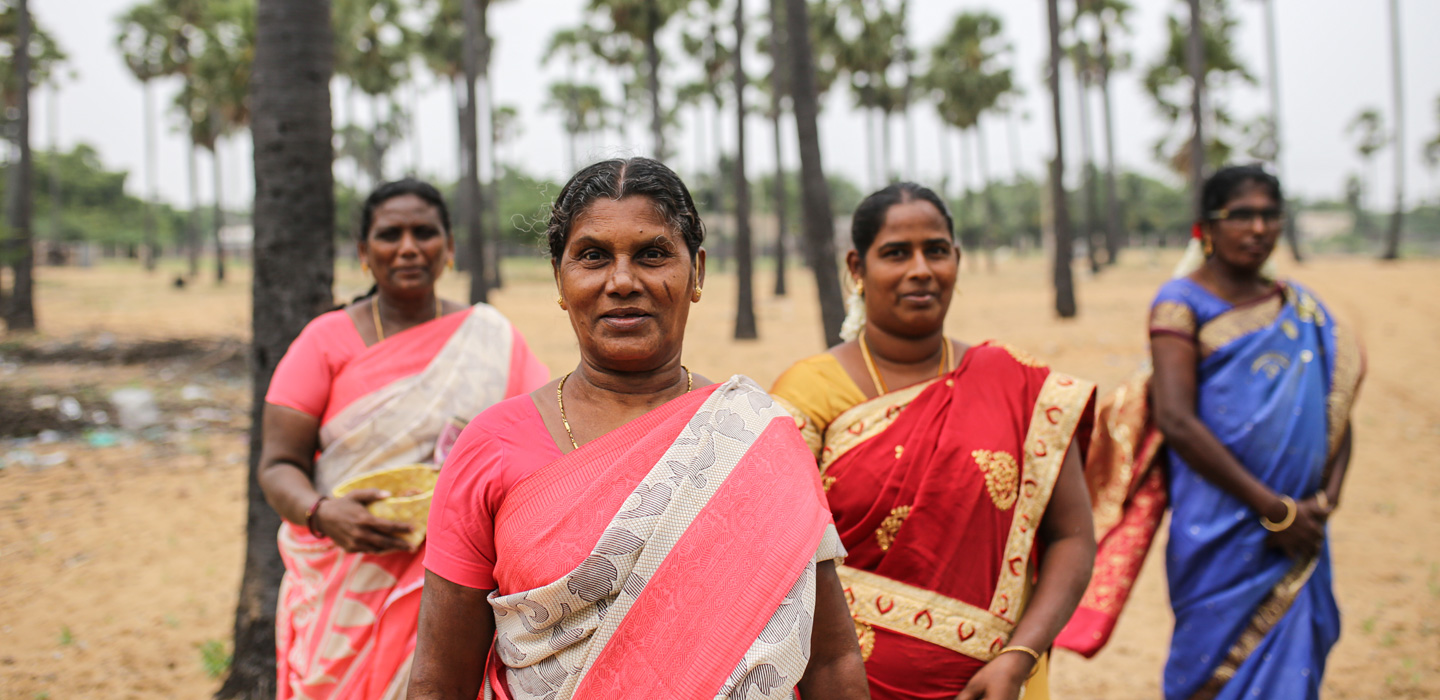Latest
Latest

Latest
Manual Submenu Topics
Search Results Filters
Search Results
Five ways IFAD is helping to reduce rural poverty in an age of climate change
Even when a world without poverty seems out of reach, here’s how IFAD continues to work in developing countries, amplifying the voices of rural people and integrating them into value chains, so they can earn and save, while feeding the world and conserving the natural environment.
Rural women lead the way
There is no solution to climate change without rural women. It’s time to invest in them. It’s time to let them lead the way.
With the world in firefighting mode, we cannot forget about rural women
As the world faces a myriad of crises, experts fear that the progress rural women and girls have worked so hard for may be reversed. Here is how IFAD is working to prevent this.
From subsistence to self-sufficiency: how women in Sudan are using savings and credit groups to build a better future
Climate change, commercial agribusiness, and societal norms threaten small-scale farmers’ way of life in a small village in Sudan. A women’s savings and credit group is changing this.
As COP15 tackles desertification, here are three ways IFAD is helping farmers in sub-Saharan Africa build their resilience to climate change
Sub-Saharan Africa’s drylands – that is, the areas where more water is lost through evaporation than gained through rainfall – are facing widespread degradation. There are many factors causing this, but one of the most prominent is the use of agricultural practices that aren’t adapted to the land, such as overgrazing and intensive agriculture.
In rural Morocco, one woman’s efforts transform the lives of many
When Fatima-Zohra first arrived in her new home, a rural village in the Moroccan highlands, she discovered the local women didn’t have many job opportunities. But they were enthusiastic about the idea of going into business for themselves – and so Fatima-Zohra got to work.
IFAD Vice President to meet Prime Minister Edouard Ngirente and ministers in Rwanda
The Vice President of IFAD, Dominik Ziller, will meet with Edouard Ngirente, Prime Minister of the Republic of Rwanda, as well as other high-level government officials during a visit starting 9 May.
Closing the Social Justice Gap – Episode 31
This episode is all about closing the social justice gap in rural communities and developing countries.
Meet some of the women leading sustainable development around the world
Sustainable development can only be achieved with the contributions of rural women, yet they face many challenges. Let’s meet three women who have transformed their lives with the help of the JP RWEE initiative.
Empowering Rural Women: UN Joint Programme’s new phase to target countries in Africa, Asia and the Pacific
Four United Nations agencies today announced the forthcoming launch of a new phase of a joint programme that aims to secure rural women’s livelihoods, rights and resilience to advance sustainable development.
IFAD and UN Women join hands for rural women’s empowerment in China
IFAD and UN Women were each working in rural China, helping women access new opportunities and gain an equal say in their communities. Then the two agencies decided to collaborate, opening up new ways to fulfil their respective mandates – rural development on one hand, and women’s empowerment on the other.
Digital Technology and Homeworking help rural women in Guatemala recover from COVID-19
COVID-19 lockdowns meant Juana could no longer go to her job in rural Guatemala. But thanks to a loan from her local rural savings bank and IFAD’s Rural Poor Stimulus Facility, Juana started her own business at home.
Driving Miss Babli: Young women in Bangladesh get the chance to learn new skills
Thanks to driving lessons provided by the Haor Infrastructure and Livelihood Improvement Project - Climate Adapation and Livelihood Protection (HILIP/CALIP), a group of young rural women in Northern Bangladesh now have careers as drivers—a typically male-dominated profession.
UN Food Agencies Call for Climate Adaptation Solutions that Include Women and Girls
As climate extremes become more frequent and intense, women and girls - who are at a higher risk than men and boys of experiencing the devastating effects of the climate crisis - including food insecurity, need to be front and centre when planning and implementing climate change adaptation solutions, said three United Nations' food agencies at their joint International Women's Day event today.
On International Women’s Day, IFAD and Govt. of Maharashtra boost commitment to empower 1 million rural women
Ahead of International Women’s Day, IFAD and the Government of Maharashtra in India agreed to invest an additional US $12 million, to socially and economically empower 1 million rural women in the state through the Nav Tejaswini project.
From Guatemala, to India, to the sun and back: indigenous women are securing a brighter future with solar power
Marta had never left her community before and was nervous to travel. Many told Carmelina not to go, saying India was too far and six months was too long to be away. But despite their concerns, the two women embarked on their journey, determined to bring electricity to their communities.
Why rural women need land rights: A conversation with Steven Jonckheere
This International Women’s Day, we sat down with Steven Jonckheere, IFAD’s Senior Technical Specialist on Gender and Social Inclusion, for a conversation on why women’s land rights matter – and what IFAD is doing about it.
To tackle climate change, we need to empower rural women. Here are four ways to do that
Rural women already know what needs to be done to help their households and communities adapt to climate change and build resilience. Here are four ways to empower them for a climate-safe future.
These numbers prove that rural women are crucial for a better future. But they're not getting what they need to succeed
Despite being largely responsible for the food on our farms and on our tables, women don’t have access to the same resources as men. Without access to land, finance, training, inputs and equipment, women can’t produce effectively, achieve financial stability or food security, or grow their businesses.
Why must we wait another generation to close the gender gap? Women are long overdue a seat at the table
Last year, the World Economic Forum revised its estimates for closing the gender gap. Shockingly, rather than reaching equality sooner, the gap has increased a generation. At IFAD, we work to achieve a more equitable rural world, one where women’s participation in decision-making is no longer an exception.
